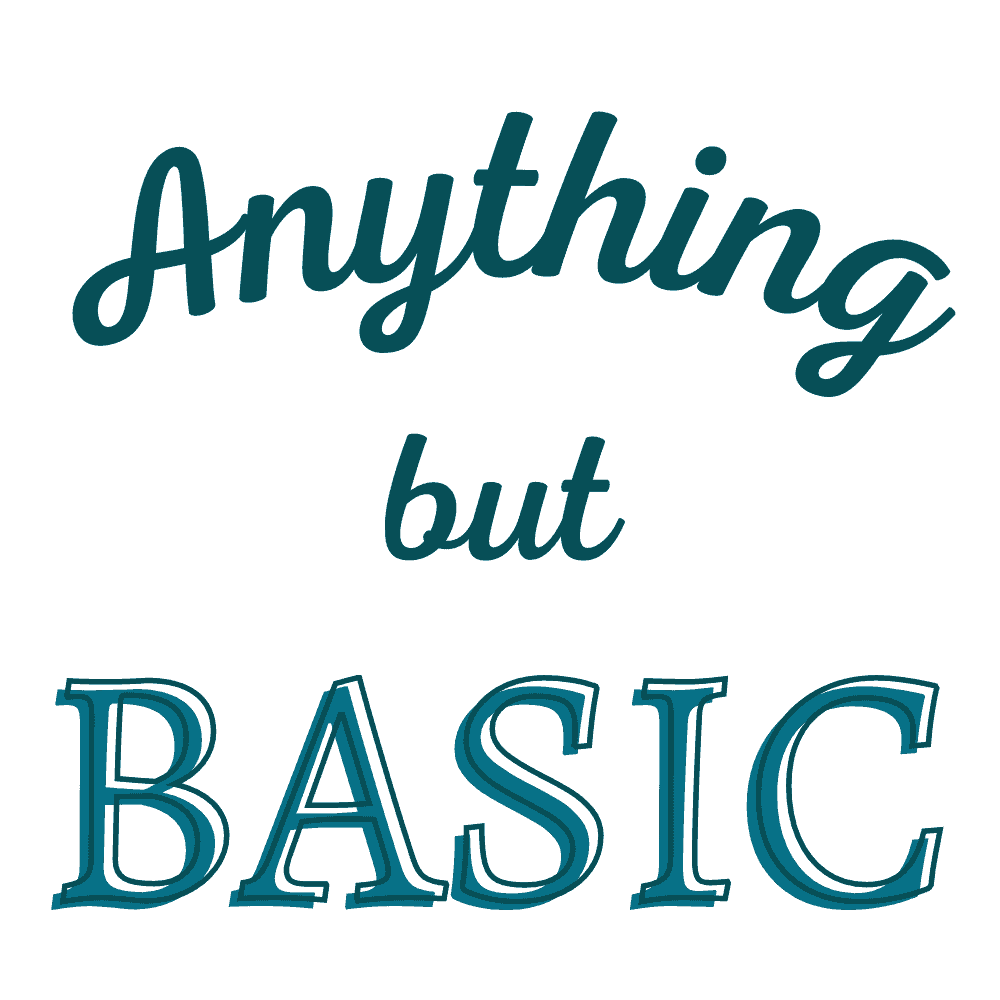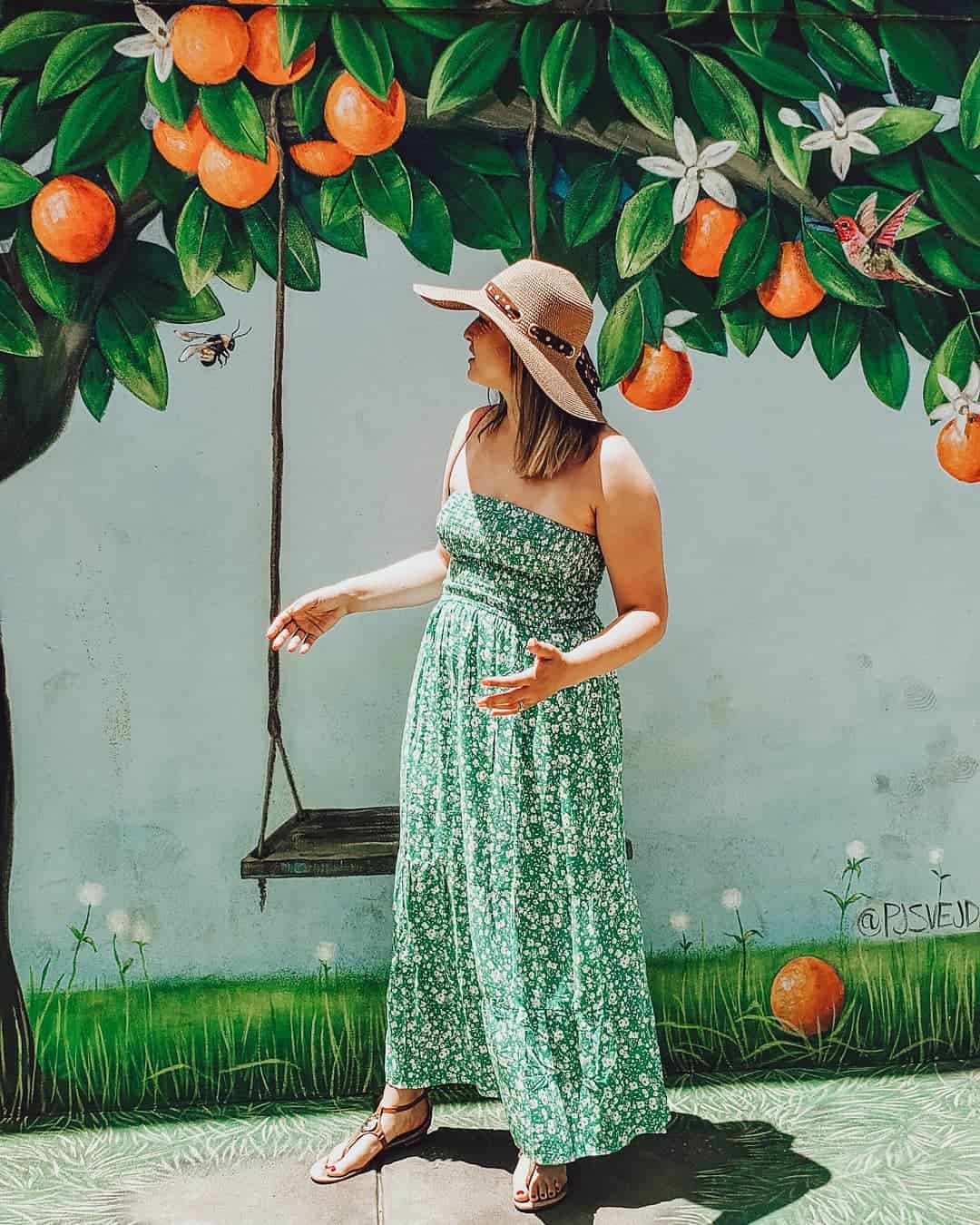Jessica and I met through mutual friends 4 years earlier. We hadn’t interacted much until my live-in boyfriend and I broke up and I moved across town to get away from the memories. I had decided to overhaul my life at that point: new friends, new location, and new body (an unhealthy combination of anxiety-fueled anorexia, tanning beds and obsessive exercising). We became very close very quickly: bonding over our mutual loves of Harry Potter, theme parks and animals. I had just gotten my dream job working as a marine mammal trainer, and she was so close to achieving her career goals as well. Our timelines were synched perfectly and soon, we almost exclusively spent all our free time together. Days off involved Disney and a meal, or wine nights and a movie. We then landed on the same side of town to be closer to each other. I was seeing someone which eventually fizzled out, and once that relationship ended, Jessica became my morning, noon and night. One of us would finish work and immediately plan our evening together. This was the best friend I’d never had before: someone thoughtful, caring and always available to do everything or nothing. What I hadn’t realized is that I was isolating myself from other friendships; I rarely went anywhere without Jessica. If I did, I found myself apologizing retroactively for those plans. Because I ended up feeling uneasy upon the realization that Jessica was home alone, I would take her into consideration if I wanted to do something. Will there be people Jessica likes? Is this a scene she’d be comfortable with? If the answer was no, I’d stay home. We’d become a unit, and I was unaware of it’s toxic potential.
I began dating again, going out a handful of nights a week. Jessica struggled with meeting people, and was often complaining about her lacking love life. Though I was dating (eventually found my husband), the only friendship that I made priority was Jessica’s. Friends from home took a backseat, I’d turn down dates with my husband (then boyfriend) cause Jessica “needed” me, and I even turned down theme park events with coworkers because I was worried she would be uneasy. I was consumed with finding her a boyfriend, building her confidence, teaching her to be flirtatious. I would help her craft witty responses to men on dating apps, and talk through her past issues. Any of my free thoughts would drift to her problems. Because I had very few things to focus on besides work and Jessica, she became my project, and the poison really started to permeate into the friendship. I needed to fix her, because I assumed every problem needed a solution. I tried to fix her love life, her career, and then the most damning and deep-seated of all: her family.
Our lives aligned in a way that I never expected: our family issues were VERY similar. After my family fell apart in 2019, I had a very black and white plan for certain members. I had difficulty tolerating hearing about anyone’s story that involved “that’s just how they are” or “what am I supposed to do? I don’t want to get cut off.” To me, if you don’t acknowledge your situation with your family, you are an enabler. You allow them to destroy themselves to keep your own life comfortable, and at the time, I refused to entertain anyone who acted like that.
A person who I cared so much about, who I loved like a sister, was inactive. I perceived it as wallowing and apathy, but the reality was that I had no jurisdiction over the situation. I had become so enmeshed in Jessica’s life that my daily routine included listening to her vent while I pitched solutions. I found myself erupting whenever she wouldn’t take my advice, and I got very short when it seemed to me like she was doing nothing to change her situation. I was processing my own family trauma, juggling my parents’ emotions and managing Jessica’s life at the same time. None of which I was asked to do. I got so overwhelmed, and I let my toxic, obsessive, control trait destroy one of the closest friendships I’d ever had.
I knew something needed to change. I discussed in therapy how to handle things, because the truth was that I didn’t want to lose Jessica, but I knew the relationship was not sustainable for either of us. My therapist suggested that I voice my concerns about her behavior, and how it was triggering to me to hear about and live among her current situation. I told her I loved her, but things were getting to be too much for me in that regard. I had become increasingly cold towards her and many others, and to avoid thinking about my family, I thought about hers. I thought about her employment. I thought about her love life. She had been the ultimate distraction technique for the past 4 years of my life, and our friendship was the collateral damage.
Jessica did not do well with that conversation, and claimed she was “too sensitive” for me. The reality was that I treated her as less of a friend and more of a project, as I’ve done with so many others before. Many of my romantic relationships (before my frustratingly confident husband) were soured because I’d tried to make them into something they weren’t. I loved them, but focused on their faults and tried desperately to smooth them over. Jessica was just next up in Mimi’s Repair Shop, which went out of business after this very tall order.
Once we parted ways, I swear I felt lighter. On a personal level, I had an incredible amount of growing to do in order to heal from my familial trauma, and without Jessica I could focus exclusively on that. I began to understand why I routinely treated people as projects, and often go where I am needed as both a distraction, and craving a sense of purpose. For years I tried to manage my parents’ emotions, and that “job” infiltrated almost every romantic relationship, and finally, my friendship with Jessica.
Initially, I left the door open for her to come back. However, events after our official break-up led me to slam the door, lock it and put a baby grand piano in front of it. I am still grateful for those memories, because the good times were great, and the worst times showed me how I needed to change. Occasionally, I’m the villain, and so are you. Just have the insight to say, it’s not you, it’s us.


